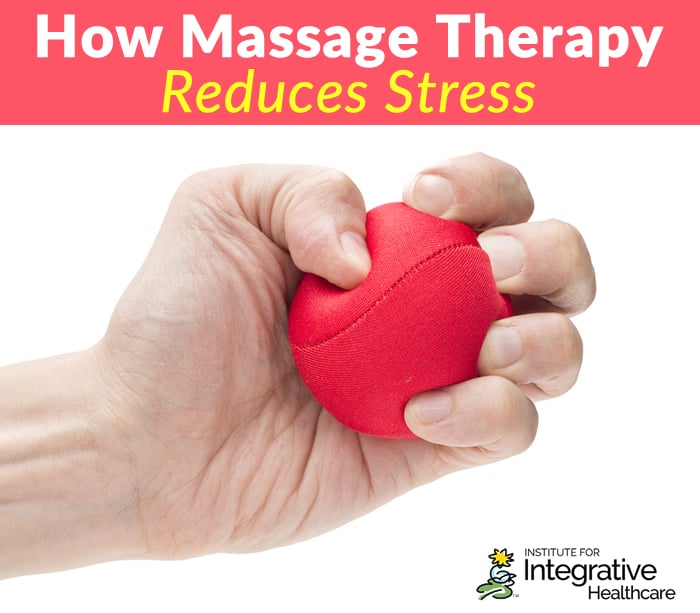

We have all heard that there is a link between stress and heart disease, but what exactly does this mean? Many doctors have made statements to the effect that stress is a leading underlying cause of disease in the body. We know that stress diminishes the immune system’s ability to fight off infections such as the common cold. Most people have had the experience of getting sick during, or right after, a period of extreme stress in their lives. And certainly, most of us know that we simply feel terrible when we find ourselves under stress for any period of time, as our bodies fight to respond to the emotions that are raging inside of us. But when we are speaking medically, what exactly do we mean by stress and how exactly does this stress translate into heart disease?
Bunker, et.al. (2003) defines “stress” as depression, anxiety, panic disorder, acute and chronic life events, type A personality traits and hostility. One study in particular shows us that increased social isolation is especially stressful and leads to especially high levels of cortisol (Dickerson, et.al., 2004). These emotions may be the result of actual events in our lives or they may be only perceived by us, but they bring about the production of cortisol in the body, causing overall inflammation. We learn from Field, et.al. (2005) that cortisol is the hormone marker for stress, as it is an end product of the hypothalamic-pituitary-adrenal-cortical axis. Therefore, high levels of cortisol are the body’s tell for high levels of stress.
The Negative Effects of Too Much Cortisol
High cortisol levels in the body lead to weight gain in the midsection along with a variety of other metabolic changes which lower the immune system and stress the cardiovascular system, putting a low level but constant stress on the body over long periods of time. When stress is short term, we recover physically and move on with our lives, but when stress is long term, it begins to take its toll on our bodies. The constant high levels of cortisol in the body causes inflammation, which eventually affects the heart and blood vessels bringing on high blood pressure, hypertension and, eventually, heart disease.
Options to Reduce Stress
There are several ways of reducing stress and, therefore, cortisol in the body – including meditation, learning coping skills, a strong social network of support, exercise and, of course, massage therapy. Massage therapy has been shown to reduce the overall effects of stress on the body and bring about a feeling of emotional well-being. This makes it a powerful tool in the fight against stress and tension.
Field, et.al. (2005) demonstrates that massage therapy is shown to reduce cortisol levels by an average of 31%, increase serotonin levels 28% and dopamine levels 21% on average. Similarly, Hernandez-Reif, et.al. (2000) explain that diastolic blood pressure and hypertension decreased after massage and that there was less reported anxiety, depression and hostility, along with reduced cortisol levels in urine and saliva.
Best Massage Technique to Relieve Physiological Signs of Stress
Other studies show us that, while massage therapy does improve stress levels in a positive way, it does matter what type of massage the client receives. Diego, et.al. (2004) shows us that moderate pressure results in a decrease in blood pressure and an increase in relaxation while light pressure or vibration results in an increase in physiological arousal symptoms. In addition, Cambron, et.al. (2006) points out that, while Swedish massage reduces blood pressure significantly, trigger point therapy and deep tissue massage actually increase blood pressure.
In other words, a moderate Swedish massage is far more relaxing, both medically as well as perceived by the client, than a deep tissue or trigger point therapy massage. Other forms of rigorous massage, stretching and movement are also shown to increase stimulation and therefore blood pressure and physiological responses in the body.
Essentially, studies have shown what most massage therapists already knew: that a moderate pressure Swedish massage can bring about a state of calm, blissful relaxation that lowers blood pressure and reduces stress for most people, making massage an important part of our healthcare regiment in our fast-paced, stressful, modern world.












6 Responses to How Massage Therapy Reduces Stress